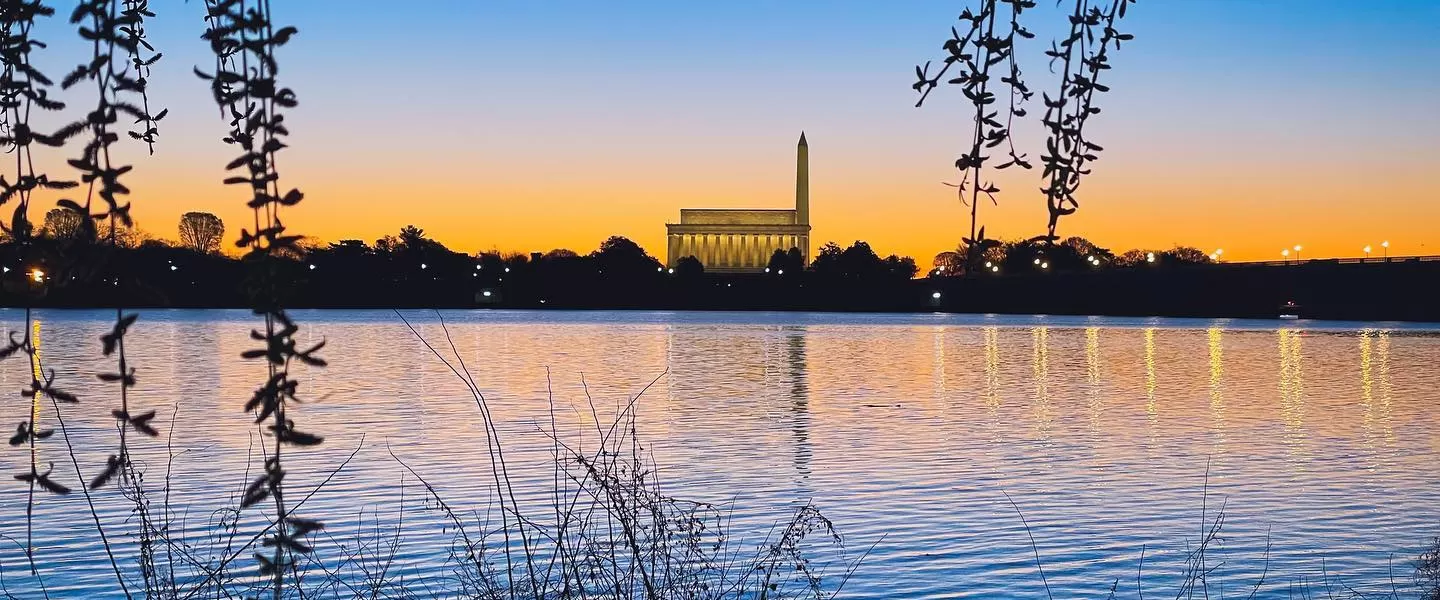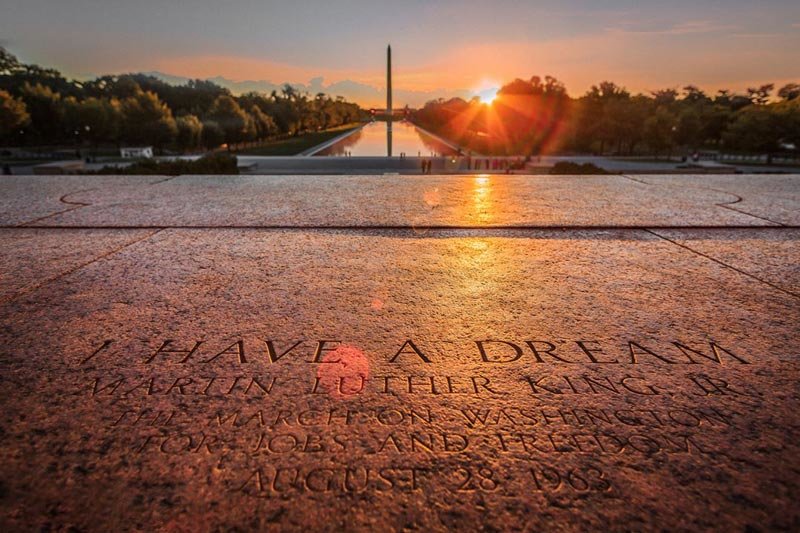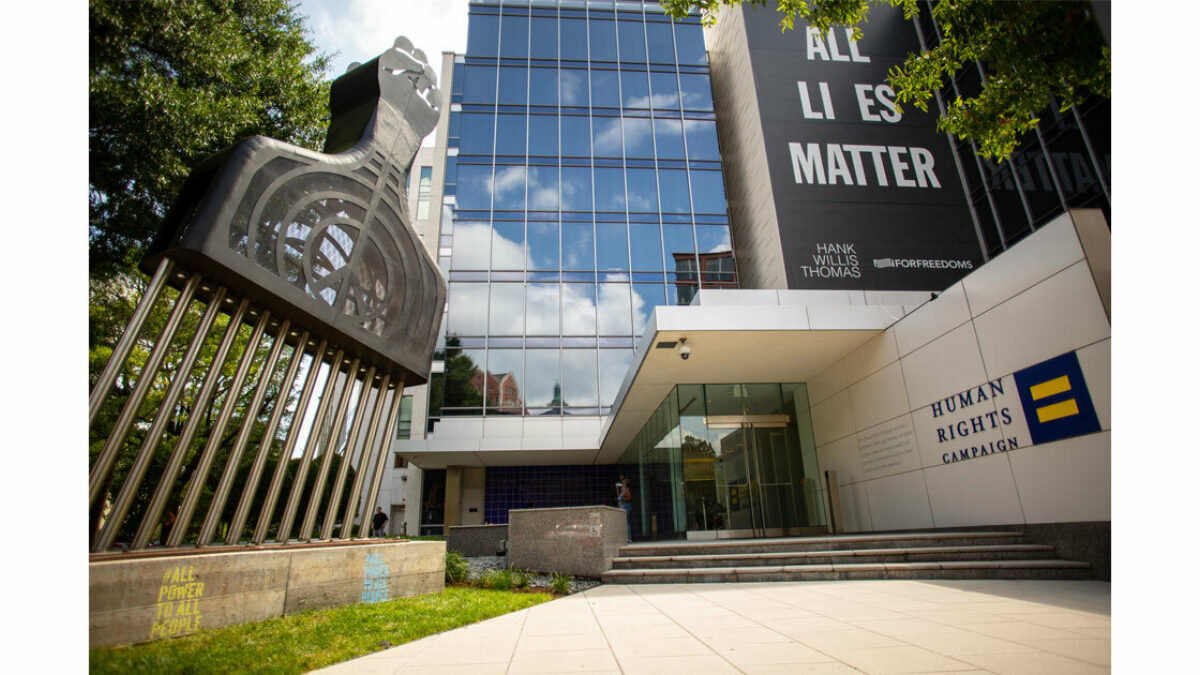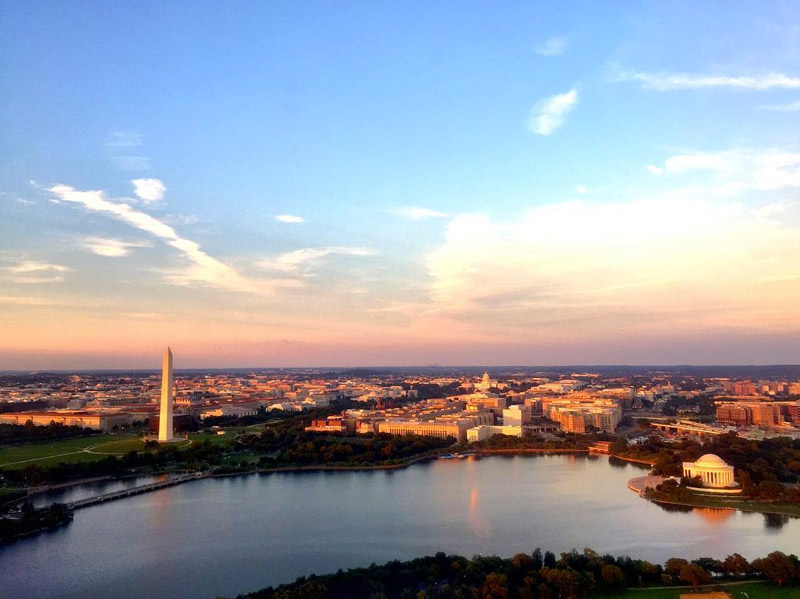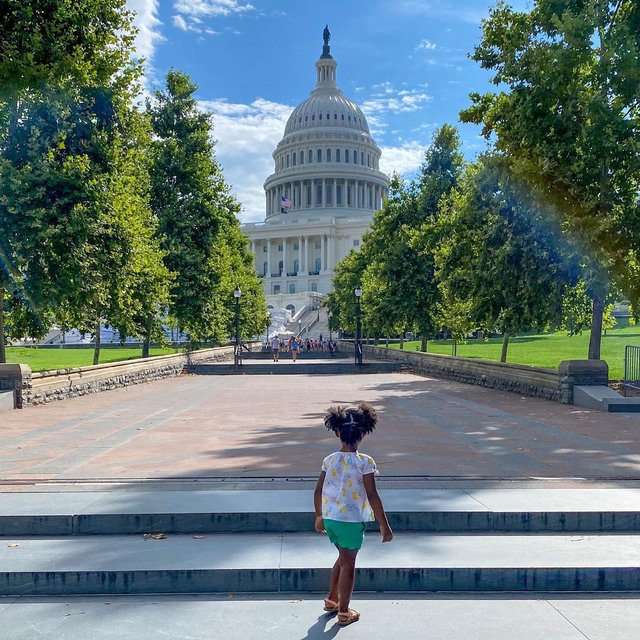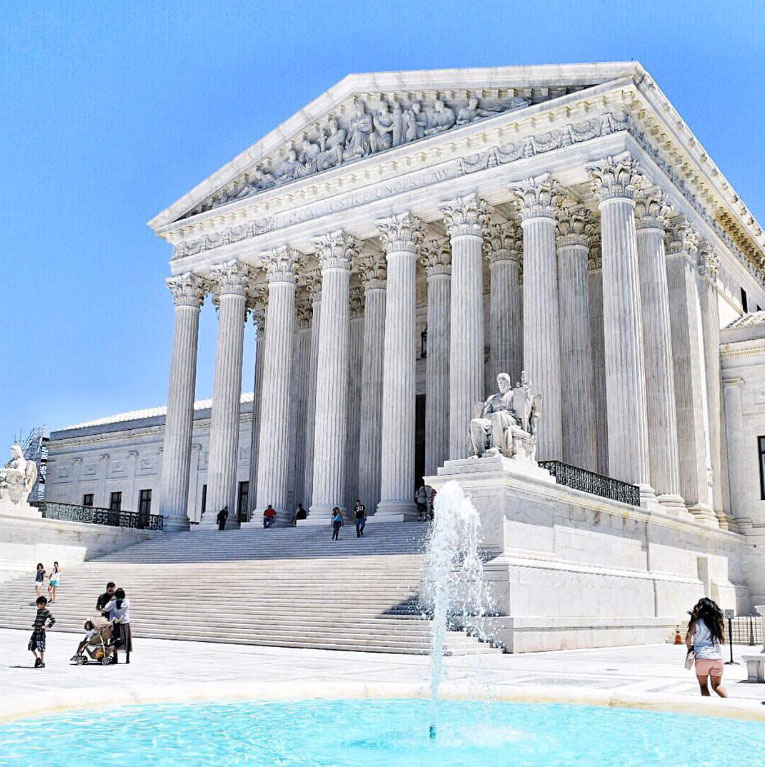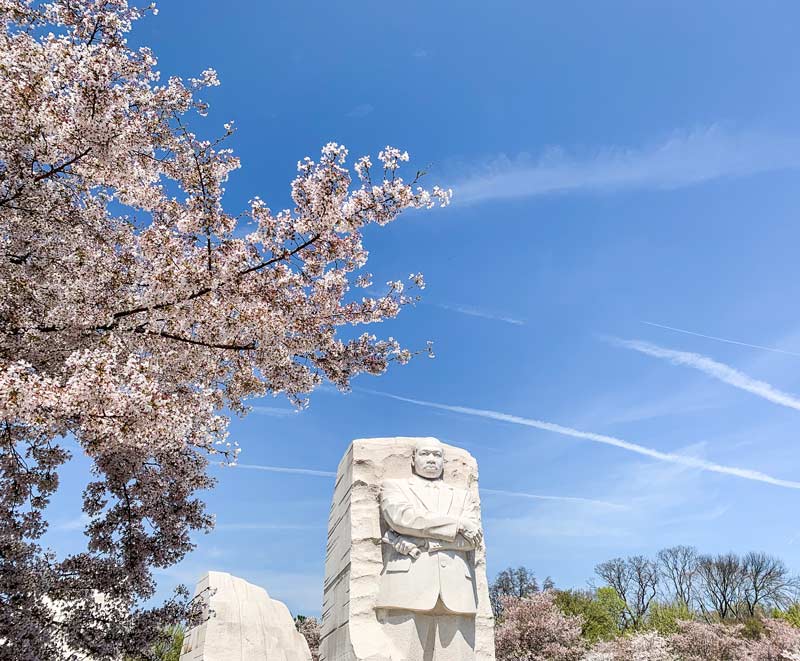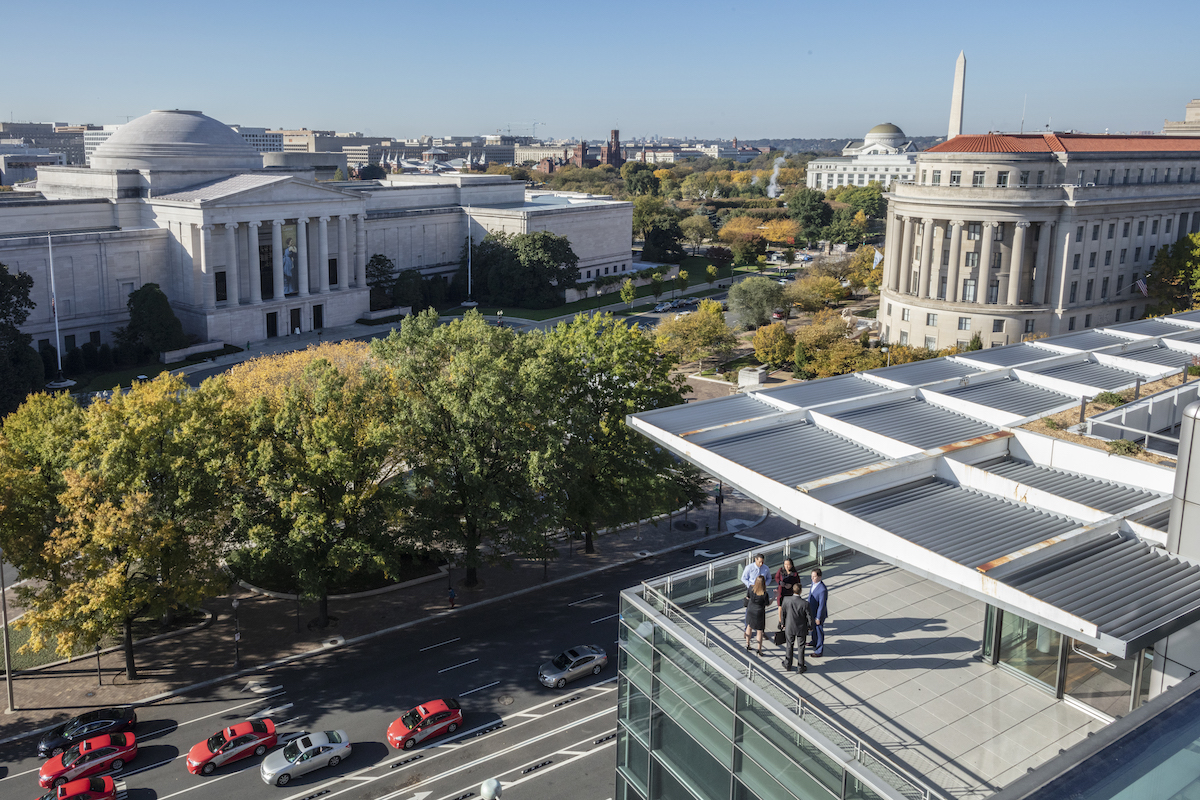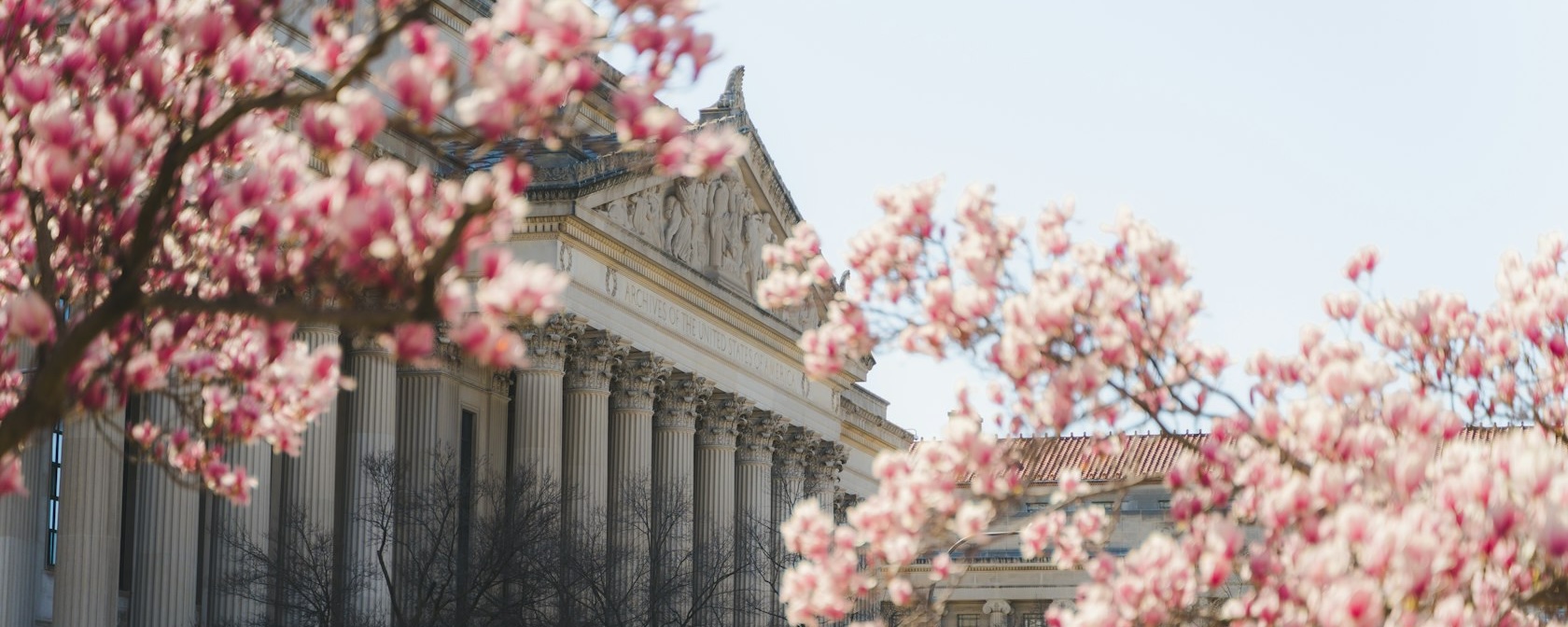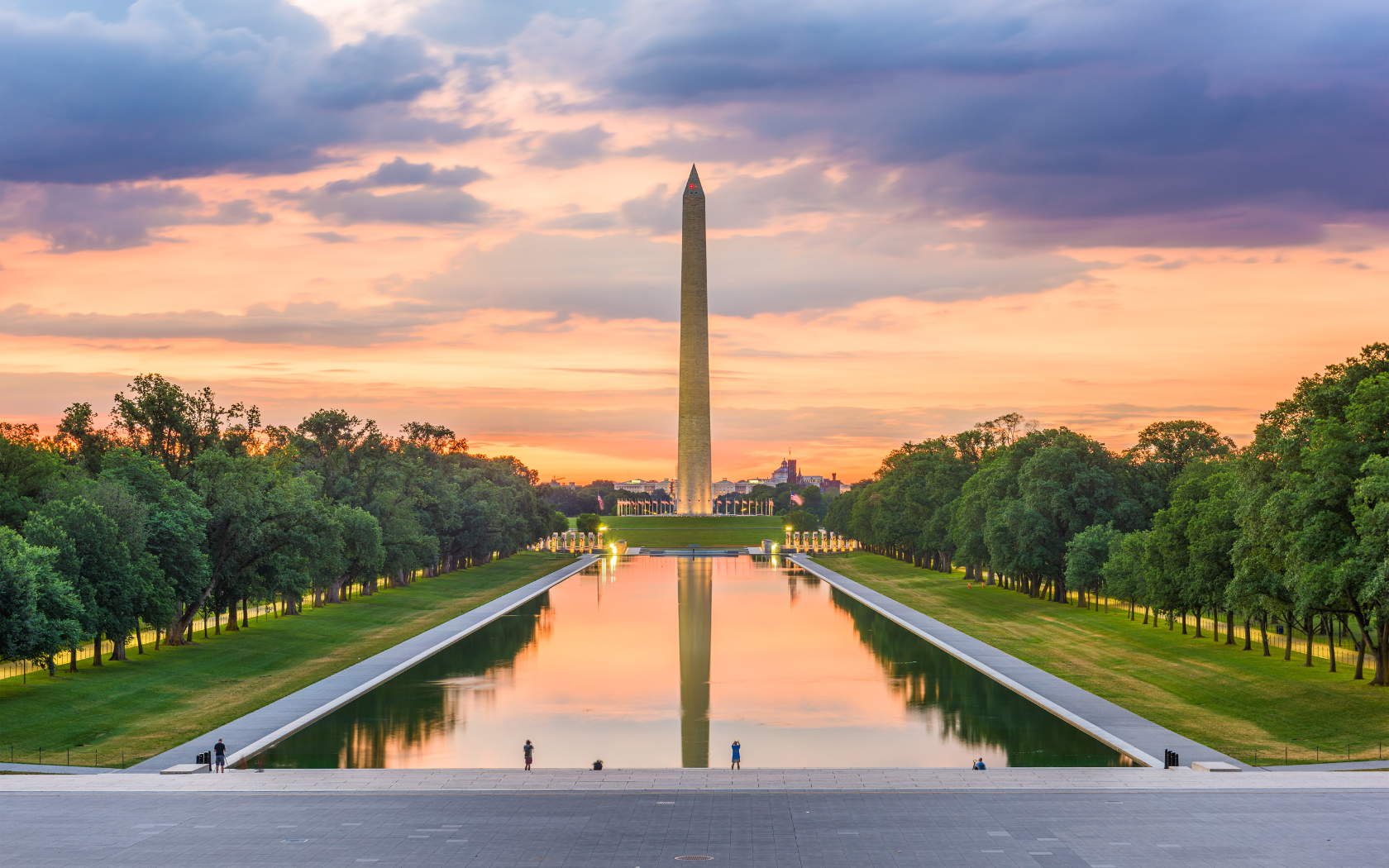Learn about ways that DC’s diverse landscape and focus on racial equity and inclusion can align your group’s mission.
Meet in the nation’s capital, where differences are celebrated, landmark legislation and judicial decisions have reshaped our country and top U.S. social justice organizations are headquartered.
A wide range of groups have a long history of choosing Washington, DC to make their voices heard and advocate on behalf of marginalized sectors of the population. In DC, gain access to leading change-makers and inspiring and educational sites that benefit both potential attendees and conference programming.
01
Exercise Your First Amendment Rights
Washington, DC has long been a place where individuals and groups from across the U.S. have exercised their First Amendment rights by marching for a cause. From the 1913 Woman Suffrage Procession down America’s Main Street – Pennsylvania Avenue – and the 1964 March on Washington for Jobs and Freedom, where Martin Luther King, Jr. delivered his iconic "I Have a Dream" speech from the Lincoln Memorial, to the annual March for Life and Women’s March on Washington, the nation’s capital is home to some of the most significant moments in American history.
02
Further a Societal Agenda
Tap into thought leaders or partner with groups making a profound impact on the country. Among DC’s organizations and nonprofits driving change: the Human Rights Campaign, ensuring equal treatment for all LGTBQ people, Chefs Stopping AAPI Hate, a coalition of local chefs raising funds to combat Asian racism, the National Disability Rights Network protecting the rights of the disabled, the Congressional Black Caucus, advancing the Black community through policy and other initiatives, and many business-focused organizations including the National Association of Women Business Owners, US Pan Asian American Chamber of Commerce and Hispanic Chamber of Commerce.
03
Prioritize Racial Equity
Led by Mayor Muriel E. Bowser, DC’s values are all about hope, love, diversity and inclusiveness. In 2021, Mayor Bowser implemented the District’s first Office of Racial Equity to dismantle systemic inequities, led by newly appointed Chief Equity Officer Dr. Amber Hewitt.
“No matter your race, your faith, your sexual orientation, your gender identity, your background - you should be able to live, work and play in Washington, DC without fear of violence or discrimination,” said Mayor Bowser.
04
Meet in a Diverse Destination
Historically known as “Chocolate City,” DC’s predominantly Black population makes up about 44 percent of the city’s more than 700,000 residents. Nearly 60 percent of city residents have a bachelor’s degree or higher, about double the rate of the U.S. And, it’s typical to hear many different languages spoken in DC, home to more than 175 embassies (many of which are free and open to visit during Passport DC’s month-long celebration in May).
05
Stand Where History Is Made
Visit the Supreme Court, the site of many landmark decisions, including the June 2015 ruling that made same-sex marriage legal, and the 1954 Brown vs. Board of Education unanimous decision that found segregated schools unconstitutional. Tour the U.S. Capitol Building and U.S. Capitol Building Visitor Center or walk by The White House, home of every U.S. president except George Washington.
06
Visit a Vital Landmark
Whether attendees are looking to incorporate “bleisure” elements or planners want an offsite venue aligned with a meeting’s cause, DC has a plethora of options to learn more about our nation’s history and the effort to advance diversity, equity and inclusion for minorities and underserved populations. The National Museum of African American History and Culture, National Museum of the American Indian, National Museum of African Art and National Museum of Women in the Arts all provide event space along with powerful exhibits. Include time for reflection at Black Lives Matter Plaza on 16 Street, NW, the Martin Luther King Jr. Memorial or Frederick Douglass's estate.

